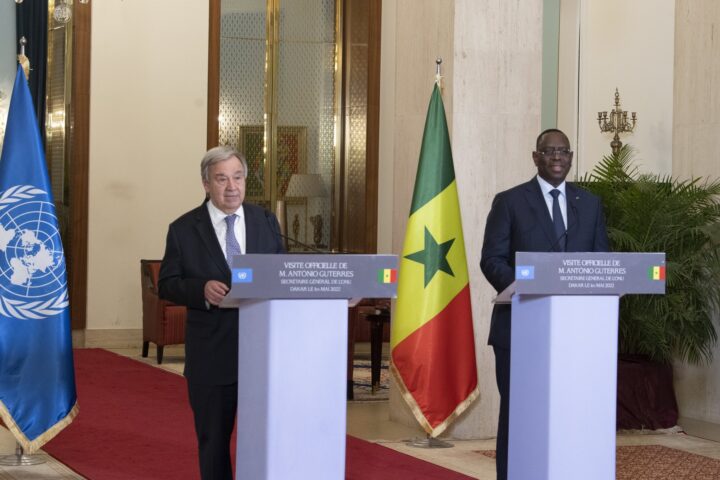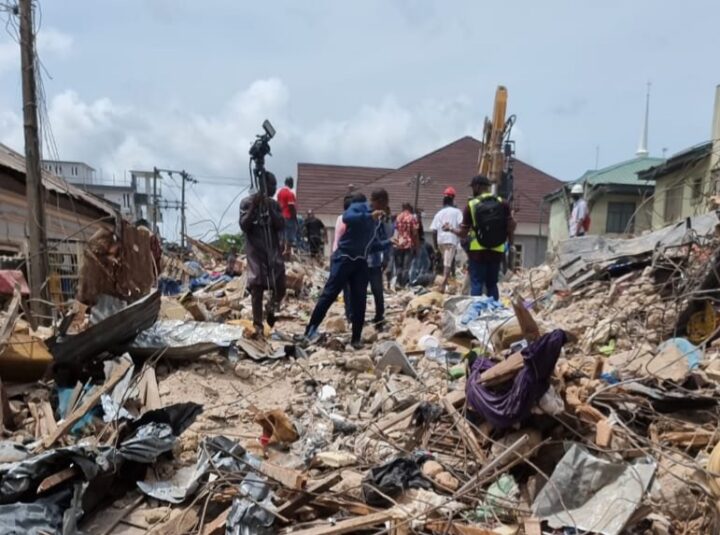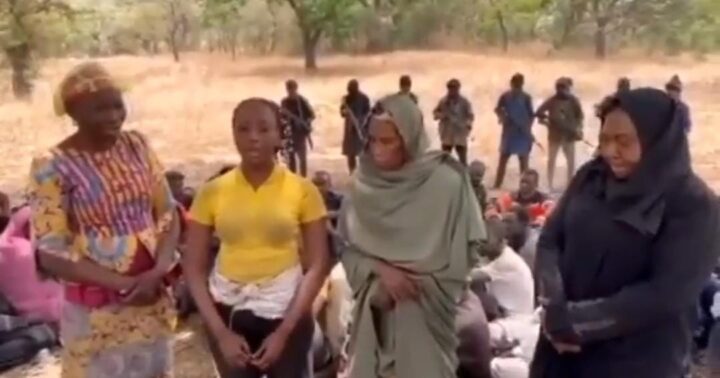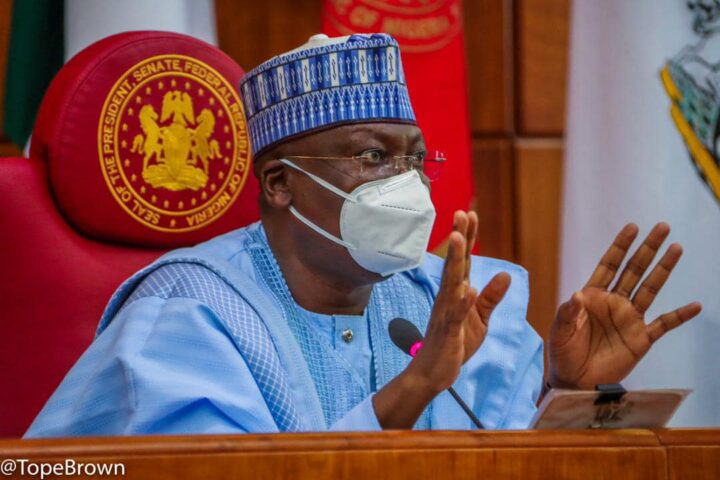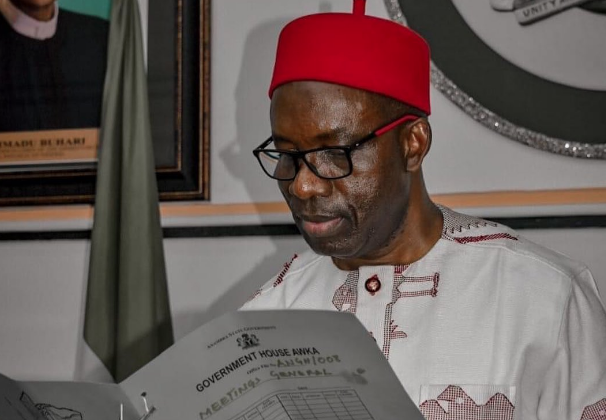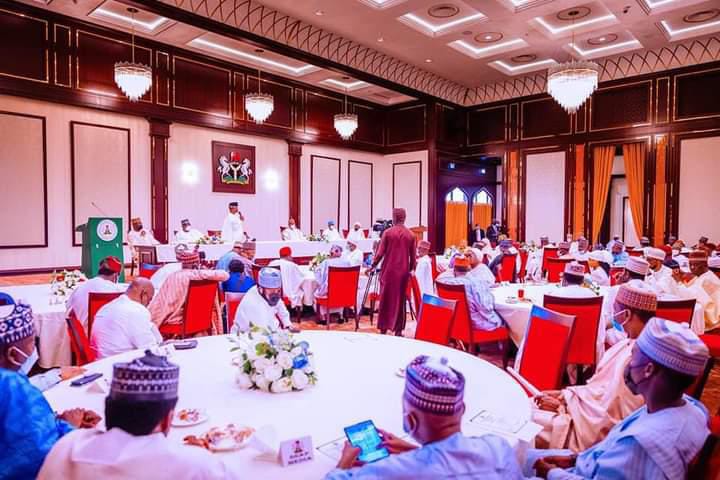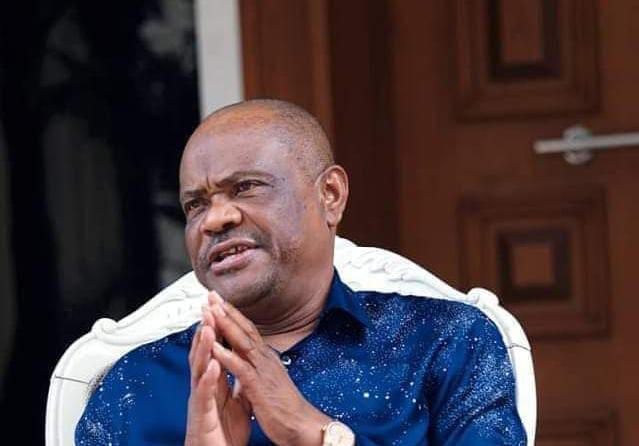Despite directly impacting our communities, health and livelihood, climate-related reports usually take a back seat to dominant news beats like politics and business. Climate Watch aims to ensure you never miss important stories on climate change and actions being taken towards limiting its impact.
Here is a round-up of last week’s climate stories:
- Antonio Guterres, the secretary-general of the United Nations, has bemoaned what he described as the “triple food, energy and financial catastrophe” across African countries owing to the ongoing Russia-Ukraine war. The Ukraine war has contributed to a global hike in food and fuel prices with Africa bearing the brunt of the crisis. Owing to the development, on Saturday, Guterres embarked on a solidarity tour to three West African countries — Nigeria, Senegal and Niger. The UN secretary-general is expected to arrive Nigeria on Tuesday. Speaking in Dakar, Senegal’s capital, Guterres said it is impossible not to mention the Russia-Ukraine war when discussing the socio-economic situation of the continent.
- In a bid to mitigate the negative impacts of flood, the Kaduna government has announced its decision to relocate people living in flood-prone areas across the state as the rainy season begins. Muhammed Mukaddas, the executive secretary of the Kaduna State Emergency Management Agency (KADSEMA), said the flood prediction released by Nigerian Meteorological Agency (NiMet) shows there would be heavy rainfall in 2022 and resultant flooding. Mukaddas added that the agency has commenced desilting and flushing of drains and riverine areas ahead of the rainy season to reduce the vulnerability and possibilities of flooding. Zakariya Solomon, a representative of the Kaduna State Urban Planning and Development Authority (KASUPDA), also said the agency is working with stakeholders to reduce the effects of flood in communities.
- Worried by the impact of climate change, the Lagos state government said the time has come for all to take the issue of mitigation, adaptation and climate finance very seriously. Speaking during a recent climate change technical committee meeting, Tunji Bello, Lagos commissioner for environment, said climate change is real and that it is the result of human activity, adding that human activities have warmed the atmosphere, ocean and land. Bello disclosed that the technical committee meeting was designed to develop a position paper for the state towards developing strategies that would contribute to emission reduction and improve air quality in the state. The commissioner said all ministerial departments and agencies must collaborate to achieve desired results on reducing the impact of climate change.
- In the wake of the explosion at an illegal refinery in Imo state, a coalition of civil society organisations (CSOs) says the proliferation of illegal refineries in the country is as a result of the government’s “failure to address rising poverty”. Over 100 persons were said to have died in the incident which occurred on April 22. The CSOs faulted the federal government for failing in its promise to stamp out illegal refineries and provide better security. The CSOs also accused law enforcement agencies of “granting operational permits for artisanal refiners to operate freely for a fee, but they are also known to facilitate all aspects of the operations, and in some instances, own and operate their own artisanal refineries”. They urged the federal government to look beyond security operations and address the underlying issues of poverty that contribute to promoting such illegal activities.
